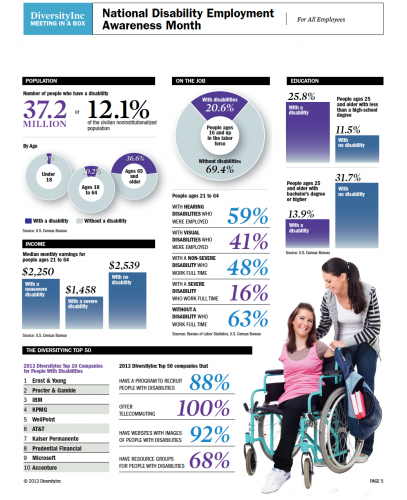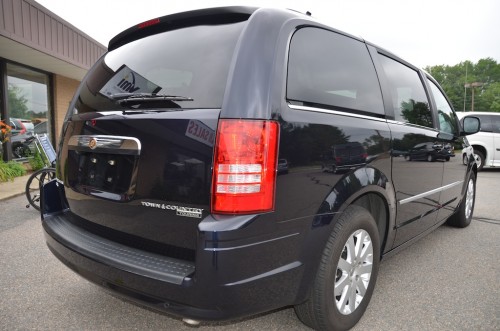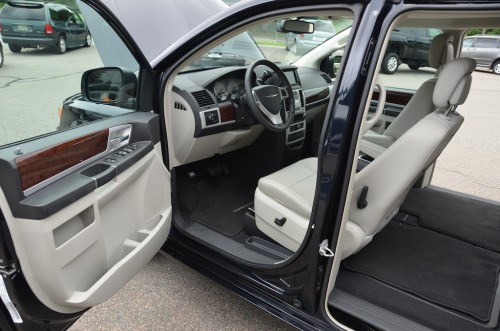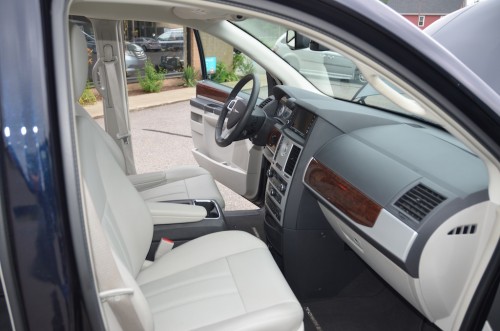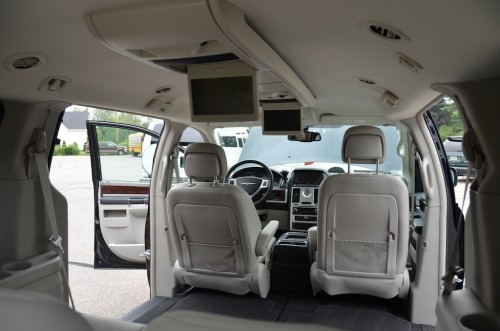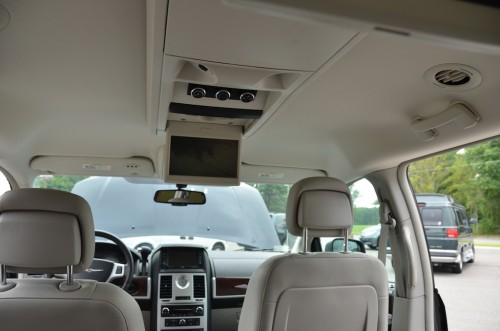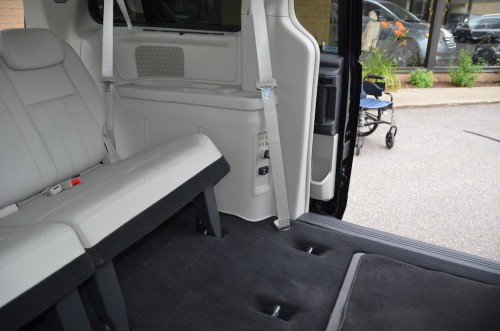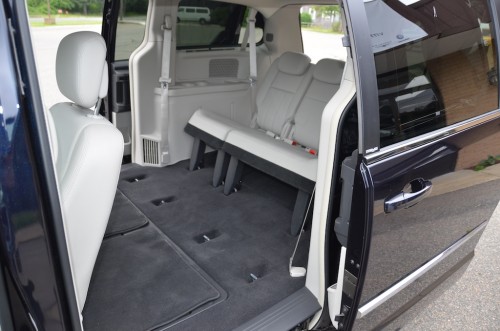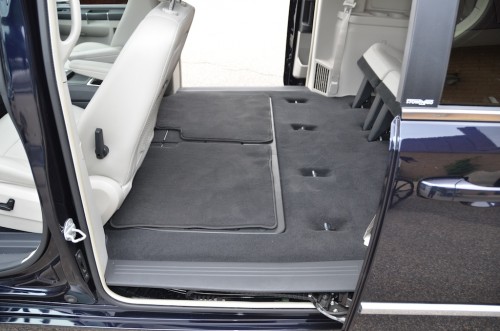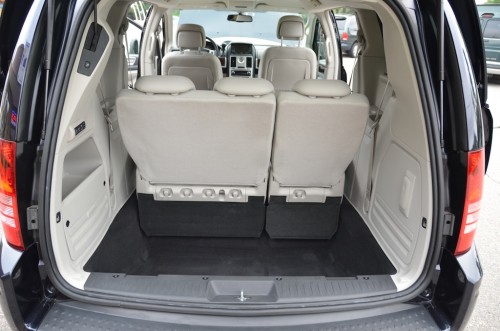
Introduction
A Proven Process for Gaining Freedom on the Road
The introduction of new technology continues to broaden opportunities for people with disabilities to drive vehicles with adaptive devices. Taking advantage of these opportunities, however, can be time consuming and, sometimes, frustrating.
The information in this brochure is based on the experience of driver rehabilitation specialists and other professionals who work with individuals who require adaptive devices for their motor vehicles. It is centered around a proven process —evaluating your needs, selecting the right vehicle, choosing a qualified dealer to modify your vehicle, being trained, maintaining your vehicle — that can help you avoid costly mistakes when purchasing and modifying a vehicle with adaptive equipment.
Also included is general information on cost savings, licensing requirements, and organizations to contact for help. Although the brochure focuses on drivers of modified vehicles, each section contains important information for people who drive passengers with disabilities.
Investigate Cost Saving Opportunities &Licensing Requirements
Cost Saving Opportunities
The costs associated with modifying a vehicle vary greatly. A new vehicle modified with adaptive equipment can cost from $20,000 to $80,000. Therefore, whether you are modifying a vehicle you own or purchasing a new vehicle with adaptive equipment, it pays to investigate public and private opportunities for financial assistance.
There are programs that help pay part or all of the cost of vehicle modification, depending on the cause and nature of the disability. For information, contact your state’s Department of Vocational Rehabilitation or another agency that provides vocational services, and, if appropriate, the Department of Veterans Affairs. You can find phone numbers for these state and federal agencies in a local phone book. Also, consider the following.
- Many nonprofit associations that advocate for individuals with disabilities have grant programs that help pay for adaptive devices.
- If you have private health insurance or workers’ compensation, you may be covered for adaptive devices and vehicle modification. Check with your insurance carrier.
- Many manufacturers have rebate or reimbursement plans for modified vehicles. When you are ready to make a purchase, find out if there is such a dealer in your area.
- Some states waive the sales tax for adaptive devices if you have a doctor’s prescription for their use.
- You may be eligible for savings when submitting your federal income tax return. Check with a qualified tax consultant to find out if the cost of your adaptive devices will help you qualify for a medical deduction.
Licensing Requirements
All states require a valid learner’s permit or driver’s license to receive an on–the–road evaluation. You cannot be denied the opportunity to apply for a permit or license because you have a disability. However, you may receive a restricted license, based on your use of adaptive devices.
Evaluate Your Needs
Driver rehabilitation specialists perform comprehensive evaluations to identify the adaptive equipment most suited to your needs. A complete evaluation includes vision screening and, in general, assesses:
- Muscle strength, flexibility, and range of motion
- Coordination and reaction time
- Judgment and decision making abilities
- Ability to drive with adaptive equipment
Upon completion of an evaluation, you should receive a report containing specific recommendations on driving requirements or restrictions, and a complete list of recommended vehicle modifications.
Finding a Qualified Evaluator
To find a qualified evaluator in your area, contact a local rehabilitation center or call the Association for Driver Rehabilitation Specialists (ADED). The phone number is in the resource section. The Association maintains a data base of certified driver rehabilitation specialists throughout the country. Your insurance company may pay for the evaluation. Find out if you need a physician’s prescription or other documen-tation to receive benefits.
Being Prepared for an Evaluation
Consult with your physician to make sure you are physically and psychologically prepared to drive. Being evaluated too soon after an injury or other trauma may indicate the need for adaptive equipment you will not need in the future. When going for an evaluation, bring any equipment you normally use, e.g., a walker or neck brace. Tell the evaluator if you are planning to modify your wheelchair or obtain a new one.
Evaluating Passengers with Disabilities
Evaluators also consult on compatibility and transportation safety issues for passengers with disabilities. They assess the type of seating needed and the person’s ability to exit and enter the vehicle. They provide advice on the purchase of modified vehicles and recommend appropriate wheelchair lifts or other equipment for a vehicle you own. If you have a child who requires a special type of safety seat, evaluators make sure the seat fits your child properly. They also make sure you can properly install the seat in your vehicle.
Select the Right Vehicle
Selecting a vehicle for modification requires collaboration among you, your evaluator, and a qualified vehicle modification dealer. Although the purchase or lease of a vehicle is your responsibility, making sure the vehicle can be properly modified is the responsibility of the vehicle modification dealer. Therefore, take the time to consult with a qualified dealer and your evaluator before making your final purchase. It will save you time and money. Be aware that you will need insurance while your vehicle is being modified, even though it is off the road.
The following questions can help with vehicle selection. They can also help determine if you can modify a vehicle you own.
- Does the necessary adaptive equipment require a van, or will another passenger vehicle suffice?
- Can the vehicle accommodate the equipment that needs to be installed?
- Will there be enough space to accommodate your family or other passengers once the vehicle is modified?
- Is there adequate parking space at home and at work for the vehicle and for loading/unloading a wheelchair?
- Is there adequate parking space to maneuver if you use a walker?
- What additional options are necessary for the safe operation of the vehicle?
If a third party is paying for the vehicle, adaptive devices, or modification costs, find out if there are any limitations or restrictions on what is covered. Always get a written statement on what a funding agency will pay before making your purchase.
Choose a Qualified Dealer to Modify Your Vehicle
Even a half inch change in the lowering of a van floor can affect a driver’s ability to use equipment or to have an unobstructed view of the road; so, take time to find a qualified dealer to modify your vehicle. Begin with a phone inquiry to find out about credentials, experience, and references. Ask questions about how they operate. Do they work with evaluators? Will they look at your vehicle before you purchase it? Do they require a prescription from a physician or other driver evaluation specialist? How long will it take before they can start work on your vehicle? Do they provide training on how to use the adaptive equipment?
If you are satisfied with the answers you receive, check references; then arrange to visit the dealer’s facility. Additional information to consider is listed below.
- Are they members of the National Mobility Equipment Dealers Association (NMEDA) or another organization that has vehicle conversion standards?
- What type of training has the staff received?
- What type of warranty do they provide on their work?
- Do they provide ongoing service and maintenance?
- Do they stock replacement parts?
Once you are comfortable with the dealer’s qualifications, you will want to ask specific questions, such as:
- How much will the modification cost?
- Will they accept third party payment?
- How long will it take to modify the vehicle?
- Can the equipment be transferred to a new vehicle in the future?
- Will they need to modify existing safety features to install the adaptive equipment?
While your vehicle is being modified, you will, most likely, need to be available for fittings. This avoids additional waiting time for adjustments once the equipment is fully installed. Without proper fittings you may have problems with the safe operation of the vehicle and have to go back for adjustments.
Some State Agencies specify the dealer you must use if you want reimbursement.
Obtain Training on the Use of New Equipment
Both new and experienced drivers need training on how to safely use new adaptive equipment. Your equipment dealer and evaluator should provide information and off-road instruction. You will also need to practice driving under the instruction of a qualified driving instructor until you both feel comfortable with your skills. Bring a family member or other significant person who drives to all your training sessions. It’s important to have someone else who can drive your vehicle in case of an emergency.
Some state vocational rehabilitation departments pay for driver training under specified circumstances. At a minimum, their staff can help you locate a qualified instructor. If your evaluator does not provide on-the-road instruction, ask him or her for a recommendation. You can also inquire at your local motor vehicle administration office.
Maintain Your Vehicle
Regular maintenance is important for keeping your vehicle and adaptive equipment safe and reliable. It may also be mandatory for compliance with the terms of your warranty. Some warranties specify a time period during which adaptive equipment must be inspected. These “check ups” for equipment may differ from those for your vehicle. Make sure you or your modifier submits all warranty cards for all equipment to ensure coverage and so manufacturers can contact you in case of a recall.
For additional copies of this brochure and other important vehicle safety information, you can contact DOT’s web site at www.nhtsa.dot.gov and the DOT Auto Safety Hotline: 888-DASH-2-DOT (888-327-4236).
Resources
The Association for Driver Rehabilitation Specialists (ADED)
2425 N. Center Street # 369, Hickory, NC 28601
(866) 672-9466
www.driver-ed.org
www.aded.net
National Mobility Equipment Dealers Association (NMEDA)
11211 N. Nebraska Ave., Suite A5, Tampa, FL 33612
(800) 833-0427
www.nmeda.org
AAA
1000 AAA Drive, Heathrow, FL 32746-5063
(404) 444-7961
www.aaa.com
Department of Veteran Affairs
(800) 827-1000
www.va.gov
State Departments of Vocational Rehabilitation
Listed in telephone book.
The following manufacturers offer rebates or reimbursements on new vehicle modification.
Daimler Chrysler Corporation
(800) 255-9877
(TDD Users: (800) 922-3826)
www.automobility.daimlerchrysler.com
Ford Motor Company
(800) 952-2248
(TDD Users: (800) TDD-0312)
www.ford.com/mobilitymotoring
General Motors Corporation
(800) 323-9935
(TDD Users: (800) TDD-9935)
www.gmmobility.com
Saturn
(800) 553-6000, Prompt 3
(TDD Users: (800) 833-6000)
www.saturn.com
Volkswagen
(800) 822-8987
www.vw.com
Audi
(800) 822-2834
www.audiusa.com


